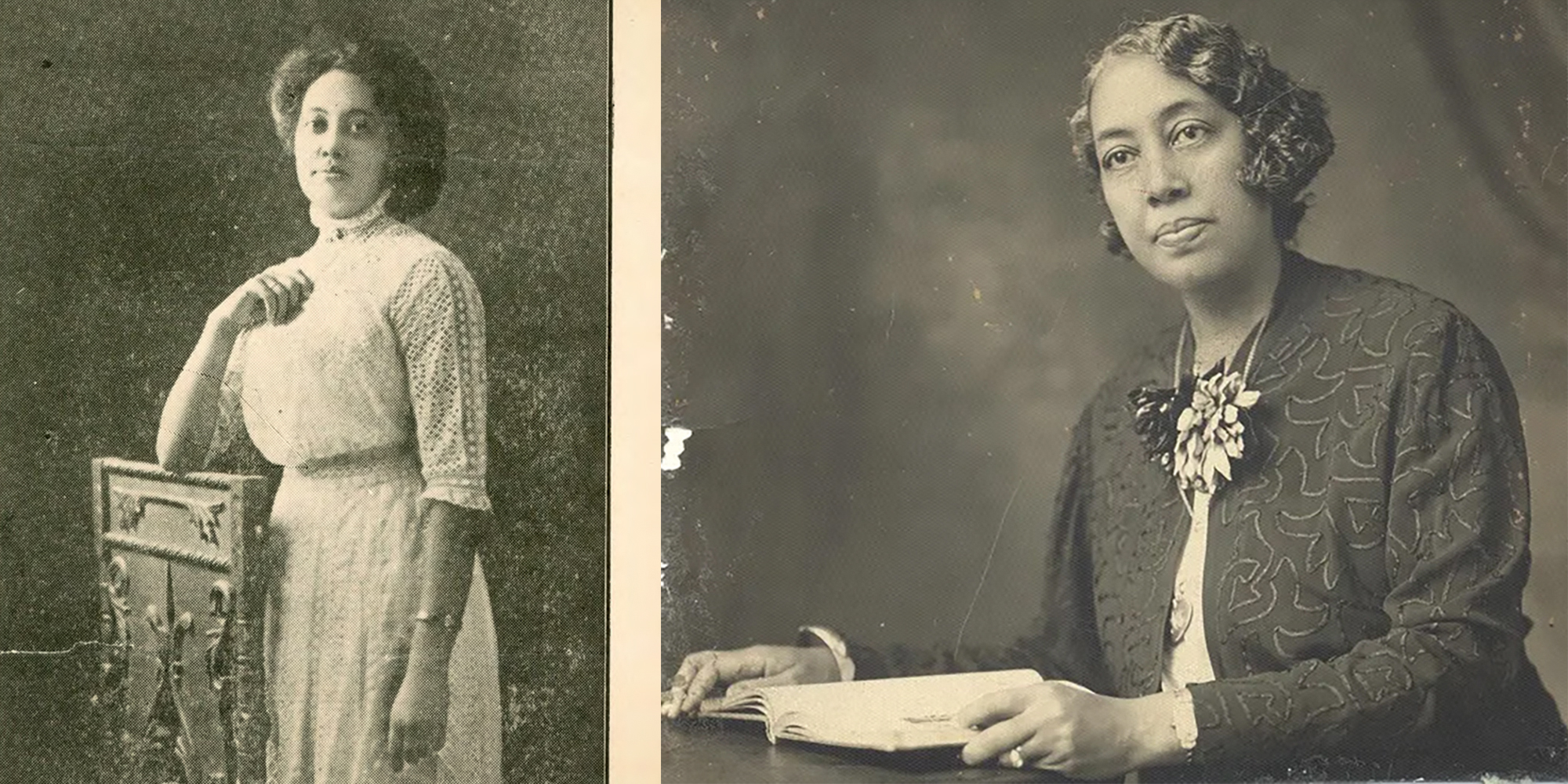Though part of a politically connected Black pioneer Florida family, the future for Blanche Mae Armwood was hardly pre-destined. Born in Hillsborough County in 1890 during the early years of the Jim Crow era, Armwood had to overcome both racial and gender-based biases to reach the significant milestones that highlighted her life.
Armwood excelled as a student and graduated from Tampa’s only school for African Americans, St. Peter Claver Catholic School, at the age of 12. That same year, she passed the state teachers examination and became eligible to teach in Florida’s African American schools. Armwood decided that she needed to continue her education before she could help other people with theirs, so she enrolled in Atlanta’s Spelman Seminary (today’s Spelman College) where she graduated summa cum laude in 1906. Armwood came home to Tampa and began her teaching career at the Harlem Academy, located on Harrison and Morgan Streets, and within a few years, she served as principal of the Cottage Hill primary school on the northeastern outskirts of Ybor City.
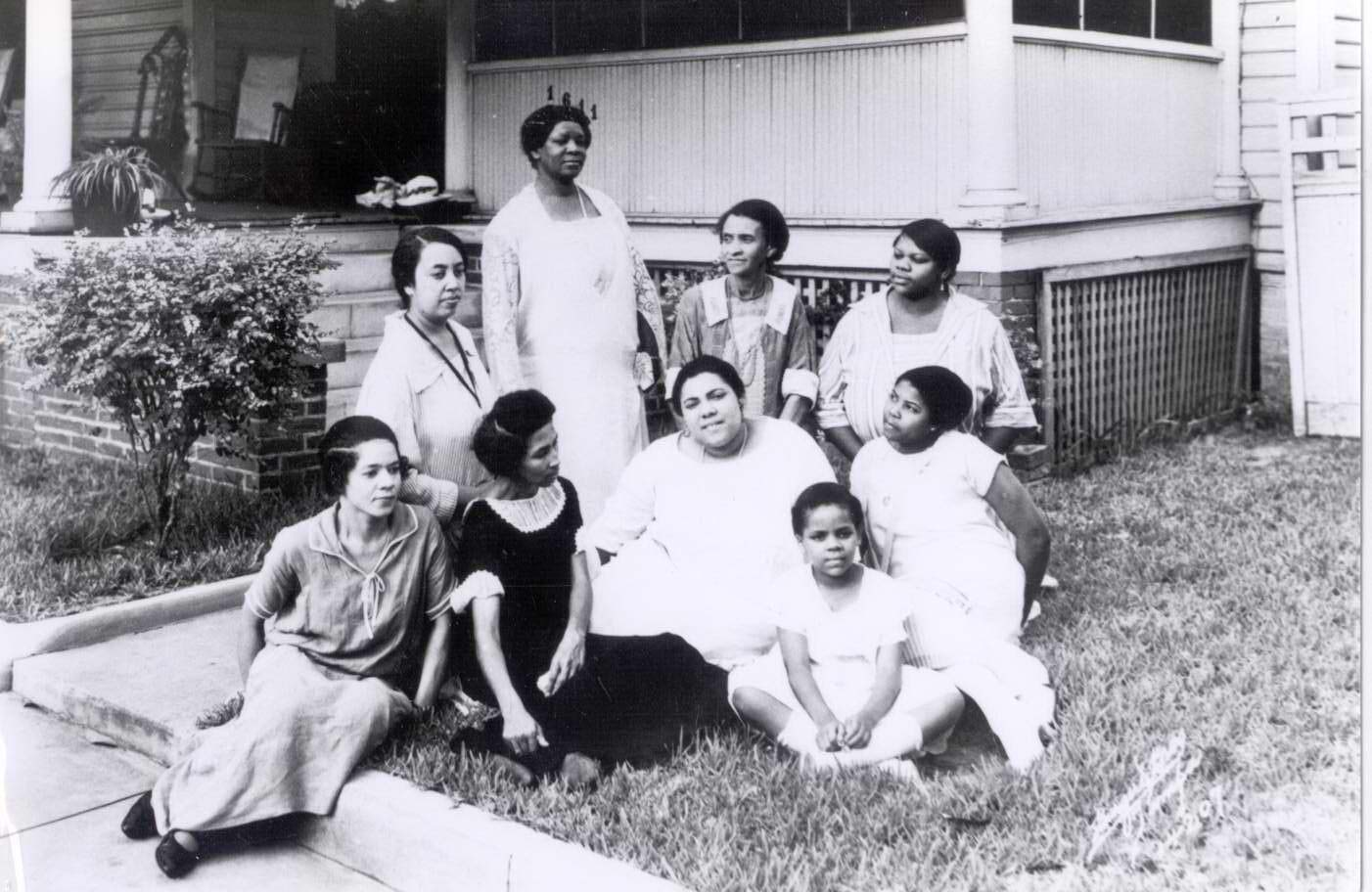
On November 12, 1913, Armwood married Daniel Webster Perkins, one of the first Black attorneys in Florida, passing the Florida Bar in 1914 after having previously practiced law in Knoxville, Tennessee. At first, the couple made their home in Knoxville, but by January 1915 they were living in Tampa. Though married, Armwood did not settle into a domestic life like others of her generation. Instead, she embarked on another facet of her career, pioneering an education discipline in the process.
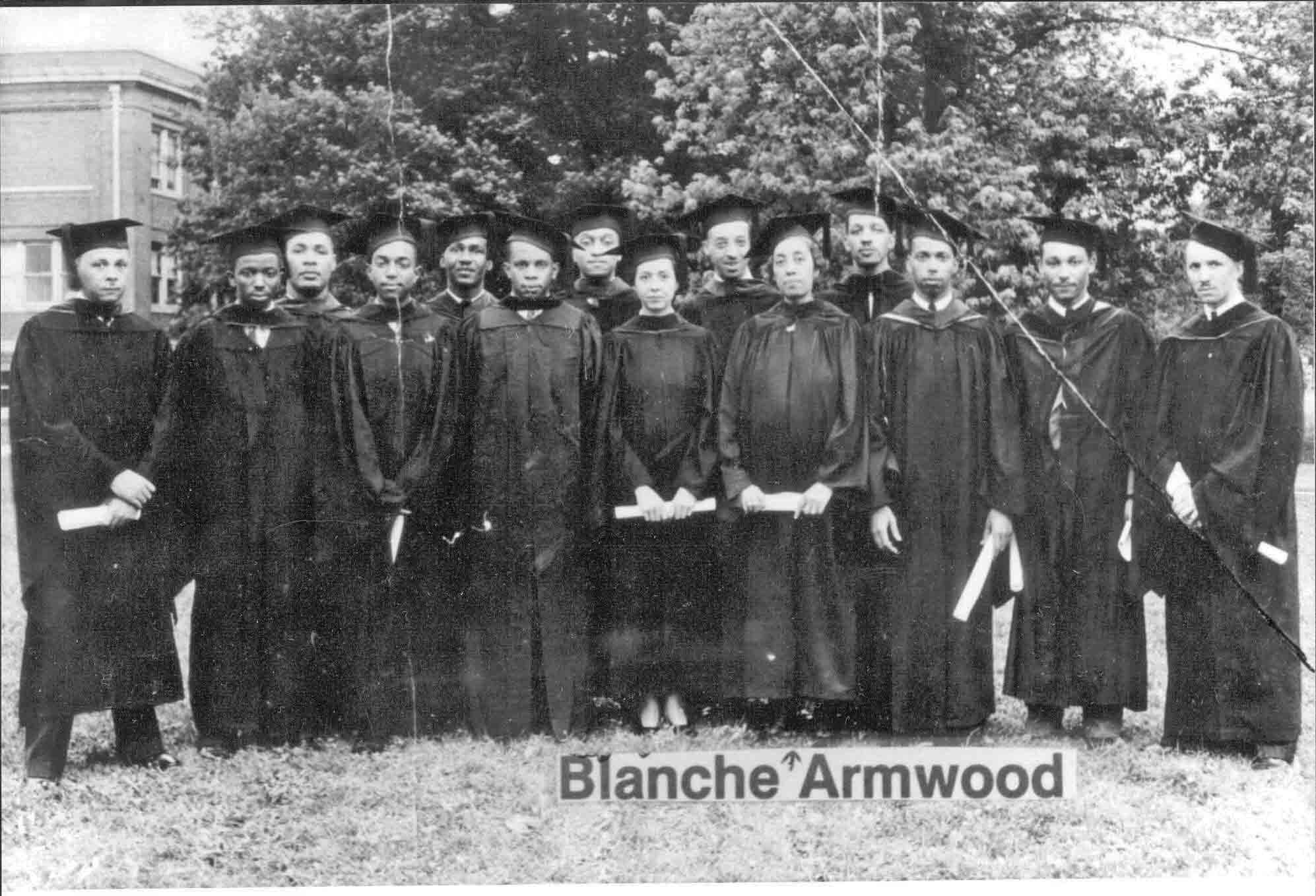
Armwood began promoting “household arts schools for cooks and housewives of the Negro race” on behalf of the Tampa Gas Co. Working with both the gas company and the local school board, she began teaching cooking and the new subject of home economics at 606 Scott St. Her work in teaching the household arts was celebrated locally in April 1916 with a grand party in her honor, as well as taking her across the country. Armwood’s work and devotion to education likely strained her marriage as she and Perkins were separated by 1917. That year, Armwood moved to New Orleans, where she took a job as a state supervisor for home economics with the US Department of Agriculture. Part of her work there centered around food conservation, an important theme given the entry of the United States into the World War late that same year.
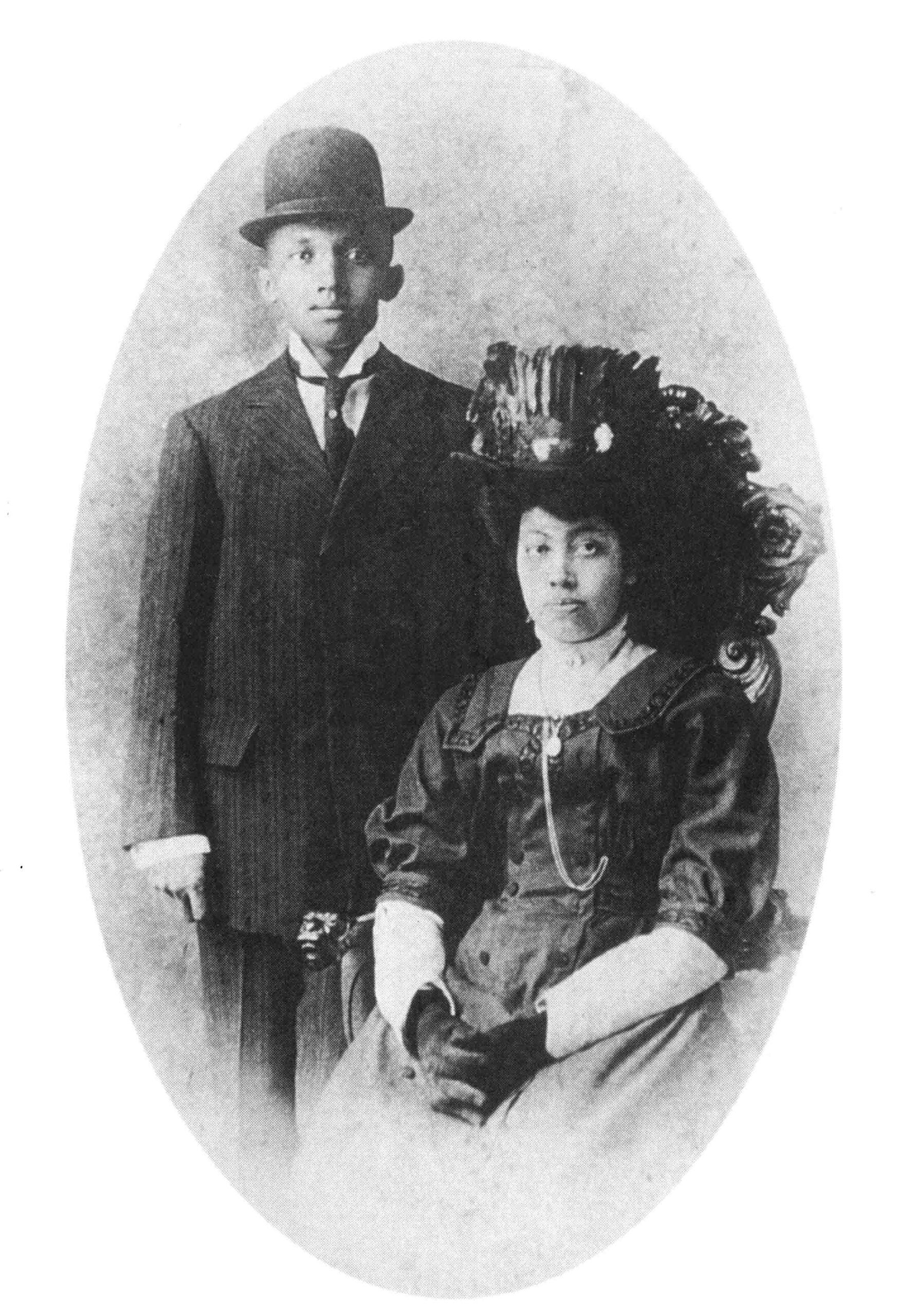
She returned to Tampa in the early 1920s and was among the founders of the city’s Urban League – one of only a handful of women to serve in a leadership role in that organization – serving as Executive Secretary (what today would be called Executive Director). During this time she also became head of Hillsborough County’s Black schools, which was a position virtually created for the talented educator and civic leader.
By 1931, Armwood had again left Tampa, this time for Washington, D.C., where she married Edward Thomas Washington and enrolled in law school at Howard University three years later. Armwood earned a law degree – with honors – in 1937.
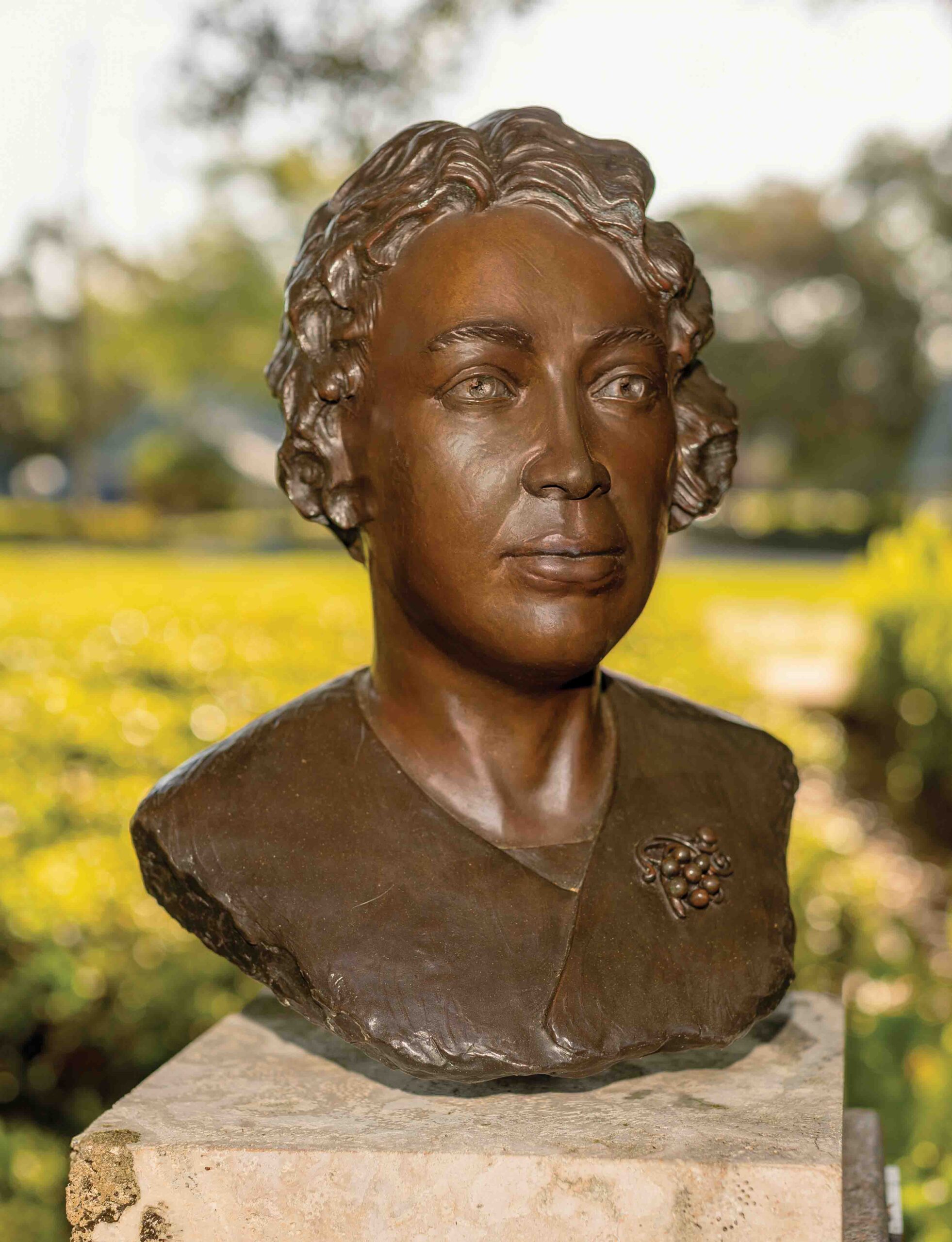
She returned to Tampa one last time, in 1938, where she was lauded as “Tampa’s courageous daughter.” A writer predicted she would have a “brilliant legal and political career,” but her life was cut short. The following year, on October 16, 1939, Armwood passed away at the age of 49. Though she left this world far too early, she lived a full life for someone who died so young.
Rodney Kite-Powell is a Tampa-born author, the official historian of Hillsborough County and the director of the Touchton Map Library at the Tampa Bay History Center, where he has worked since 1995.
Read up on more Tampa Bay history here! Looking to advertise with us? Click here.


